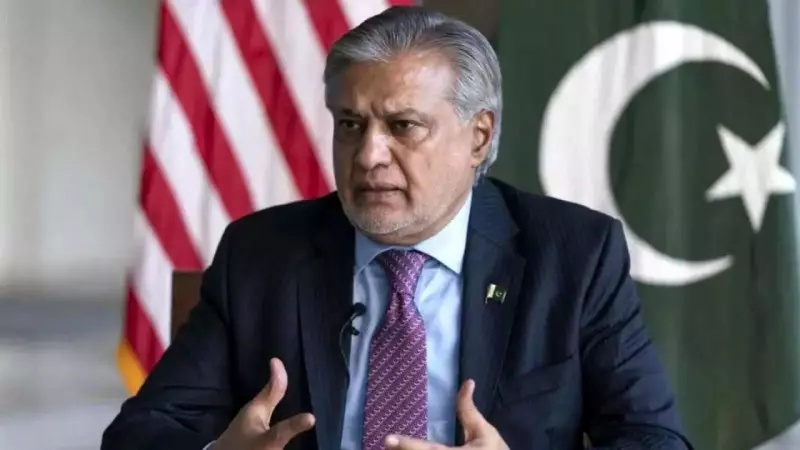
In a stunning admission that has sent shockwaves through diplomatic circles, Pakistan's Interior Minister has revealed that the country's "system" actively blocked action on an Afghanistan ceasefire, exposing deep internal divisions and policy paralysis.
The Bizarre Confession That Shook Islamabad
During a recent briefing that left officials bewildered, Pakistan's Interior Minister made the extraordinary claim that when it came to implementing a ceasefire with Afghanistan, the system itself prevented any meaningful action. This revelation sheds light on the complex power dynamics within Pakistan's establishment and their impact on regional security.
Kabul Crisis: What Really Happened?
The minister's comments come against the backdrop of escalating tensions in Kabul, where security concerns have reached critical levels. Sources indicate that the failure to implement the ceasefire has exacerbated the already fragile situation along the Pakistan-Afghanistan border, with implications for regional stability.
Multiple intelligence inputs had warned about the deteriorating security situation, yet the "system blockage" prevented appropriate responses. This institutional paralysis has raised serious questions about Pakistan's ability to manage its western frontier effectively.
Regional Implications and Diplomatic Fallout
The minister's admission couldn't have come at a more sensitive time, with:
- Cross-border tensions reaching new heights
- Regional stakeholders expressing growing concern
- International monitoring groups questioning Pakistan's counter-terrorism capabilities
- Economic corridors and trade routes facing increased security threats
Diplomatic sources confirm that the situation has prompted emergency discussions among key regional players, with particular attention to how internal Pakistani dynamics are affecting broader security arrangements.
What This Means for India and Regional Security
The developments in Kabul and the subsequent admissions from Islamabad have direct implications for India's security calculus. The apparent dysfunction within Pakistan's decision-making apparatus concerning Afghanistan raises concerns about:
- The reliability of bilateral agreements
- Regional counter-terrorism cooperation
- Stability along sensitive border regions
- Future diplomatic engagements
Security analysts are particularly worried that such systemic blockages could create dangerous security vacuums that might be exploited by extremist elements operating in the region.
The minister's candid revelation, while startling, provides crucial insight into the challenges facing Pakistan's security establishment and their ripple effects across South Asia. As the situation continues to evolve, regional powers are watching closely, aware that the stability of Afghanistan remains inextricably linked to Pakistan's internal coherence and decision-making capabilities.






